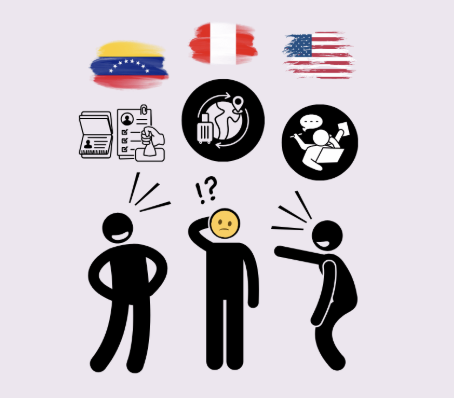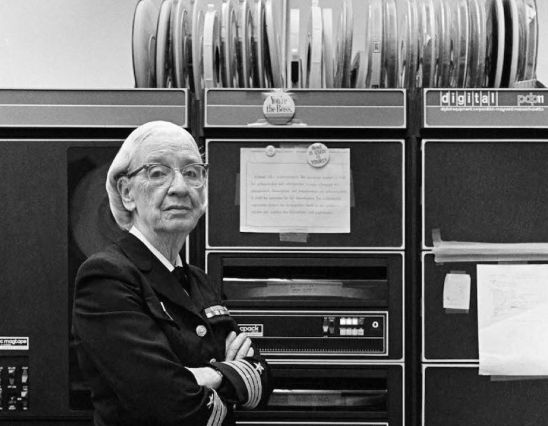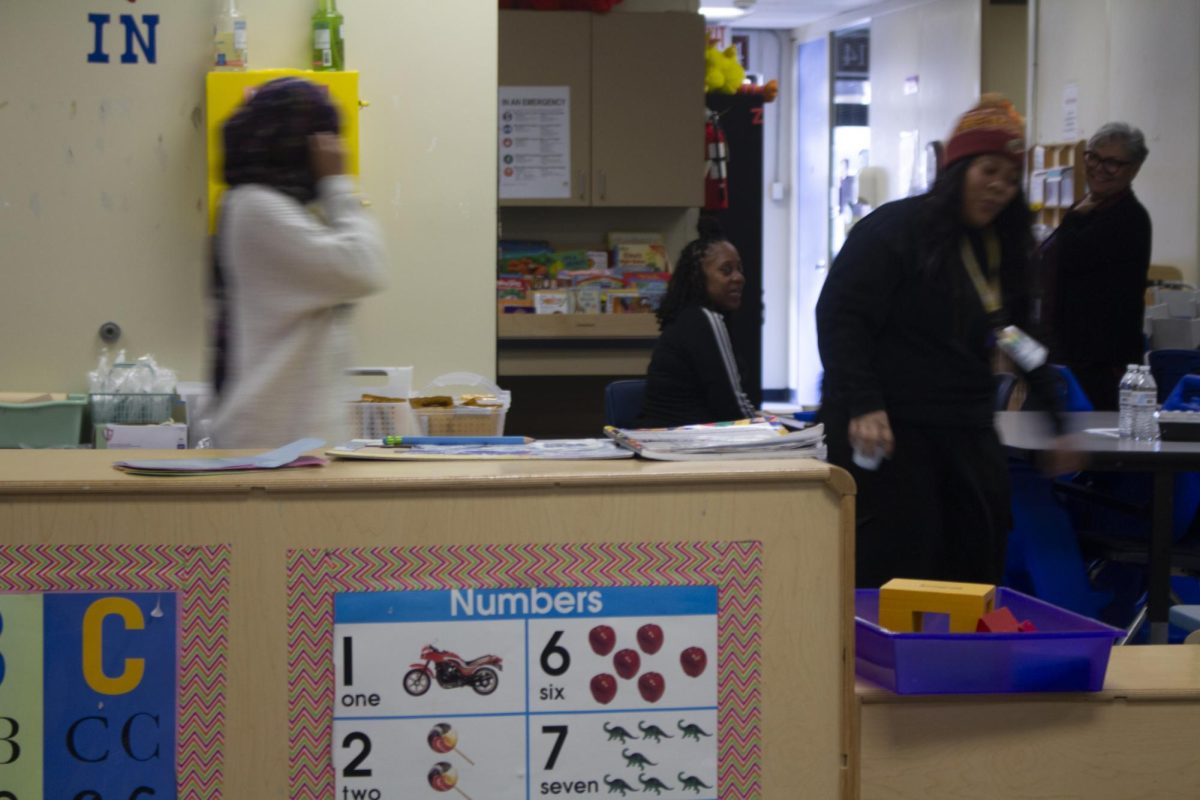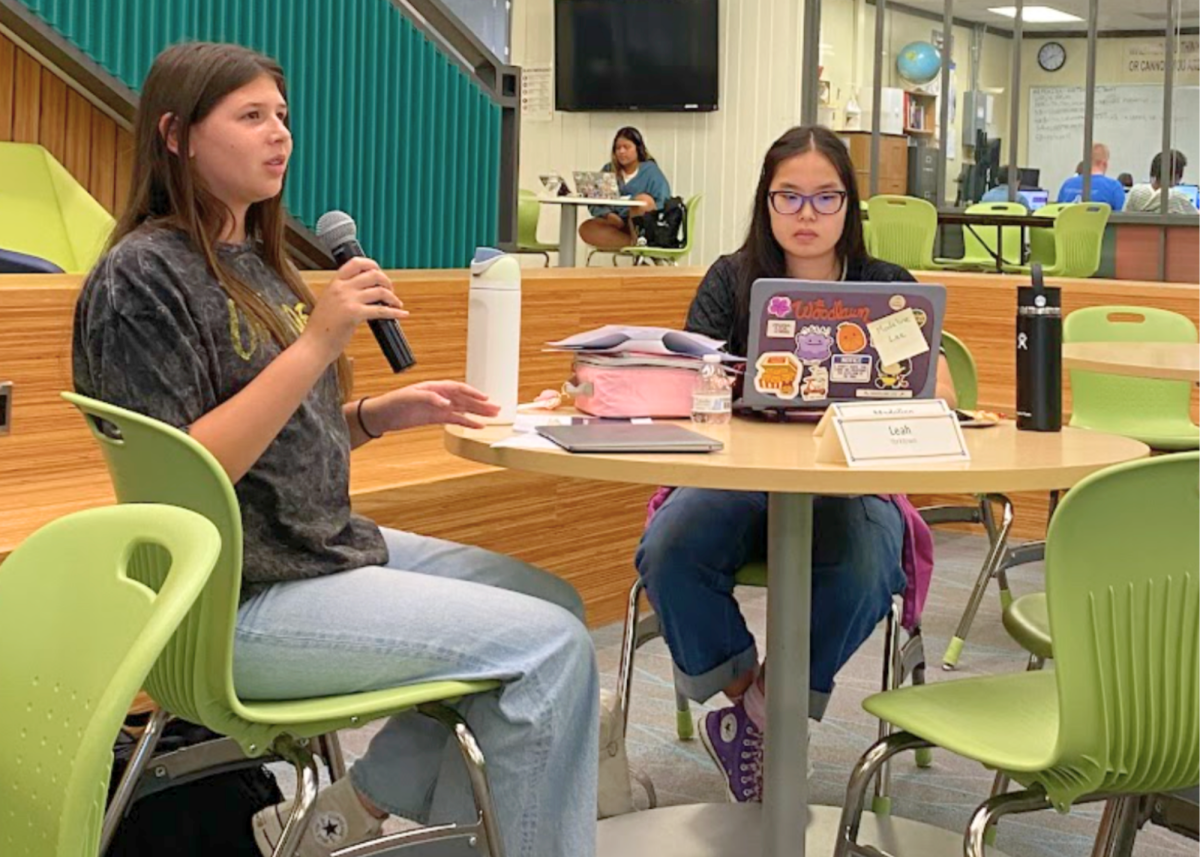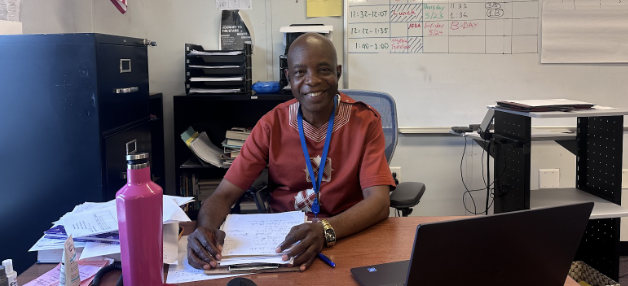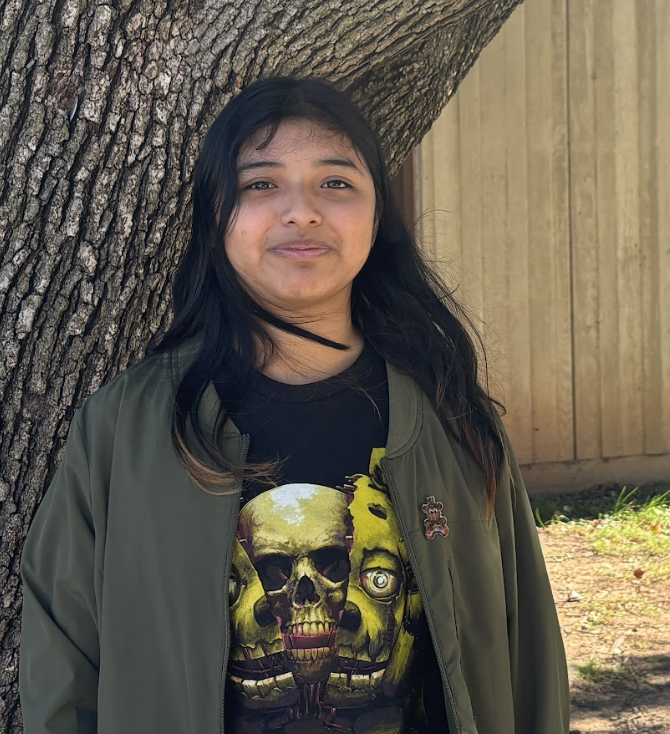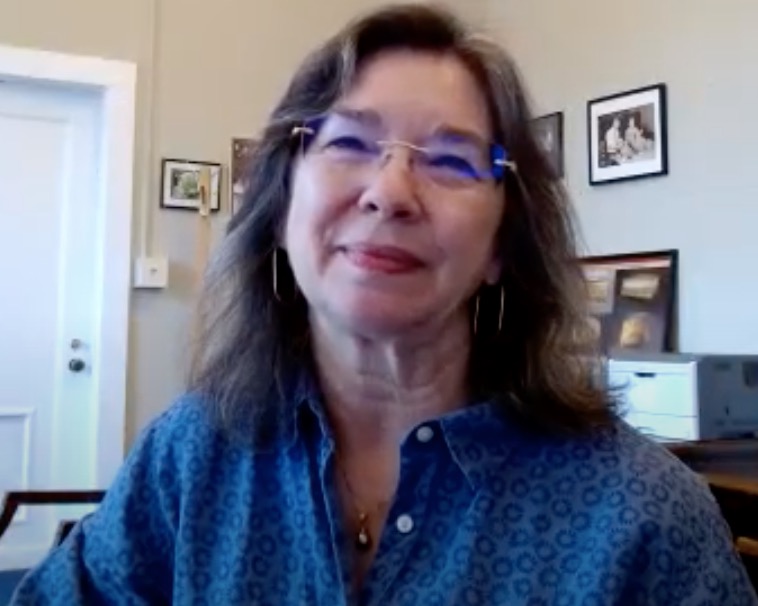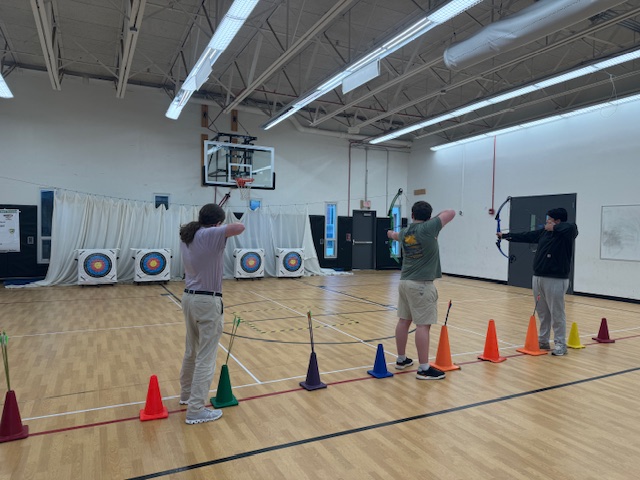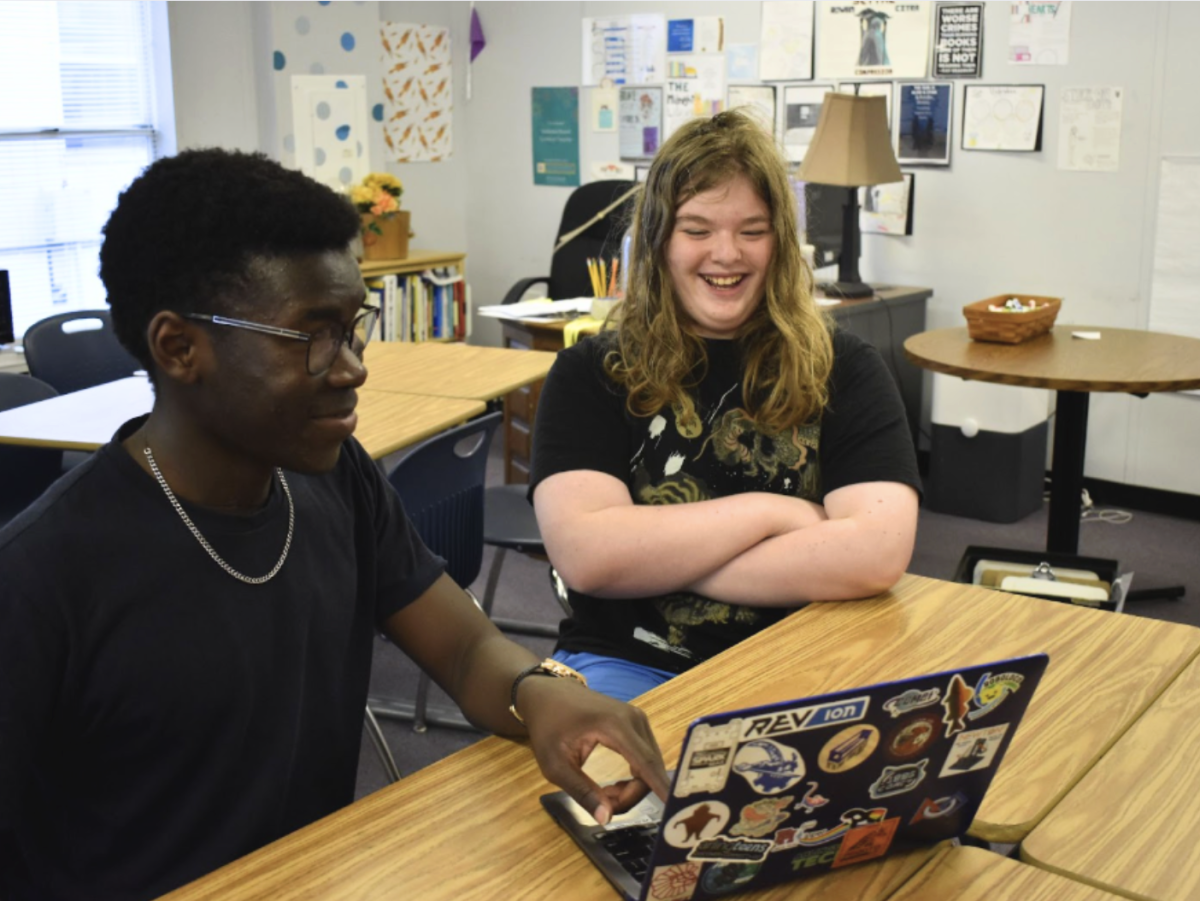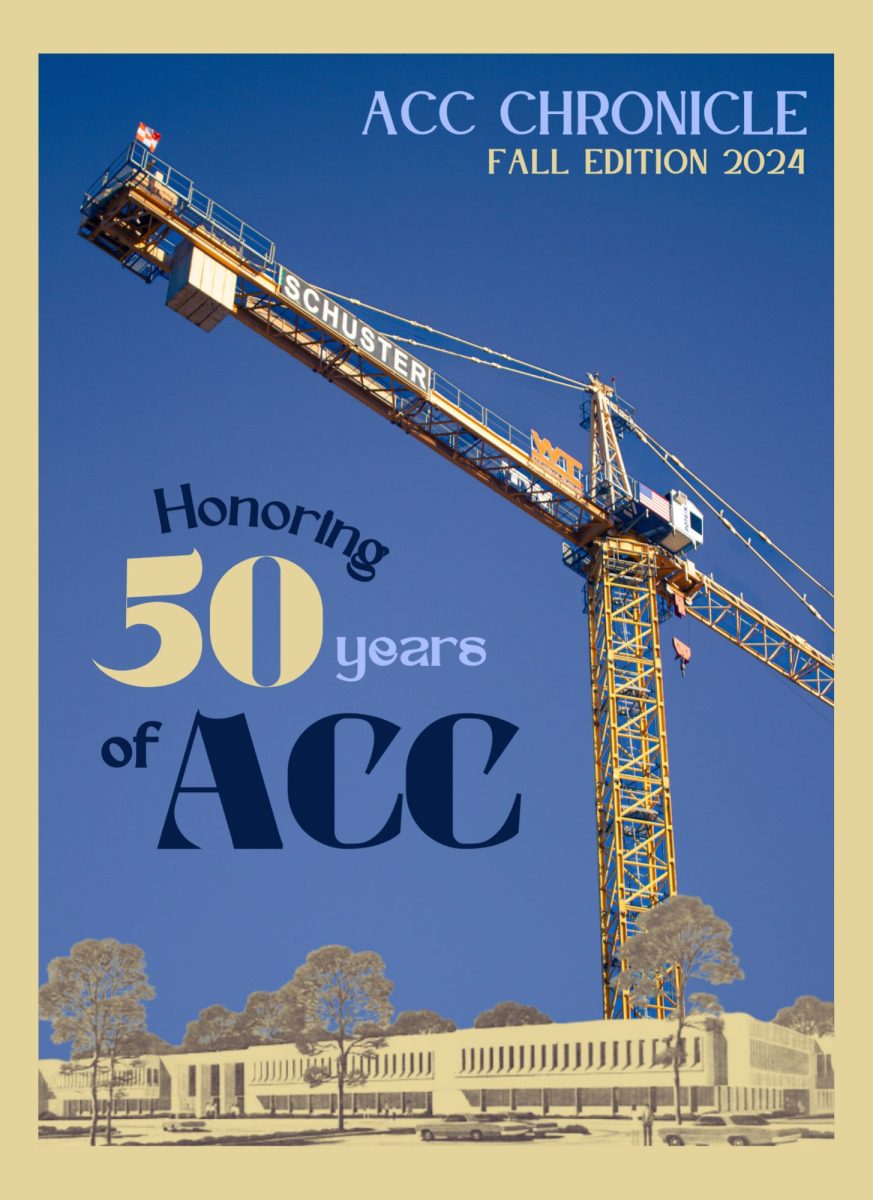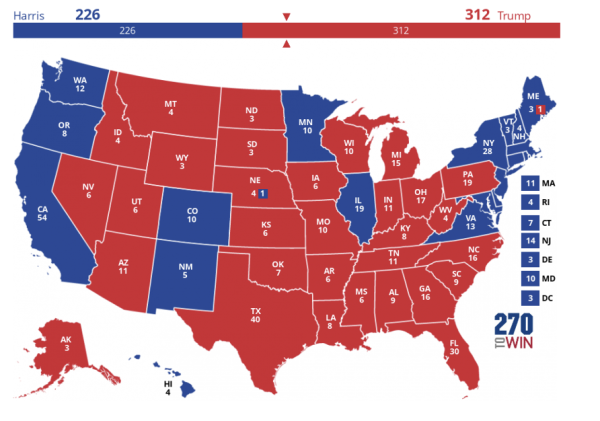
The students of ACC just lived through one of the most significant and unprecedented elections in American history. Although polls suggested that the race between Donald Trump and Kamala Harris would be won on razor-thin margins, similarly to the 2020 election in which Joe Biden defeated Trump, the result that came into focus was much more decisive.
Trump took an early lead in the electoral college as Republican-leaning states counted their votes quickly, but the focus remained on a few key swing states throughout the nation, the most critical being Pennsylvania, Michigan, and Wisconsin (known as the “Blue Wall” for their historical Democratic leaning) as well as Georgia, Arizona, and Nevada (sometimes called the “Sun Belt” swing states). The early focus was on certain East Coast states like Pennsylvania, North Carolina, Georgia, and Florida, as they began counting votes earlier. While Harris often took an early lead in these states due to early and mail-in votes being counted first, it soon became evident that she was trailing Biden’s 2020 performance in every geographic region.
The Associated Press officially called the state of Wisconsin for Trump at 5:34 a.m. EST, pushing him over the 270 electoral college votes needed to win. The Associated Press has now called all seven anticipated battleground states for Trump, six of which he flipped from the 2020 election. He also won the popular vote, leading Harris by more than three million votes nationally at the time of writing.
Little about this election was conventional: for one, Biden was the first incumbent president to withdraw from the race since Lyndon B. Johnson in 1968, setting the stage for a dramatic face-off. When inaugurated, Trump will become the first president to serve a non-consecutive term since Grover Cleveland was elected for a second time in 1892, and the first to have been convicted of a crime—let alone 34 felony counts.
Coming into school the day after the election was surreal. On the outside, some looked as if they felt as if the world was ending. Others appeared barely affected. Students were facing both an impending sense of doom with uncertainty for the future of our country to back it up. For most students at Arlington Tech, we were unable to have an impact on such a significant moment in America’s modern history due to the limit of the voting age. The frustration was palpable in the days leading up to the election, and following the results, it felt like an explosion of emotion was waiting to happen.
However, the emotions were a spectrum. Residents of Arlington will be the first to admit how predominantly liberal our county is. In fact, in the 2020 presidential election, 80.6% of Arlington residents voted for Joe Biden. This doesn’t account for the views of residents who are under the voting age. While some students spiraled, there were others who took a more levelheaded approach. An anonymous student interviewed on Thursday said, “The one thing I heard was a lot of misinformation.” “A lot of people’s reactions were just plain dramatic,” another student mentioned. An explanation of the school’s attitude was offered by an ACC senior, “It felt kind of somber, not only thinking about how it would affect individual students, but how Trump’s plans could impact our education.” This is an important perspective to consider, especially with the amount of students whose parents work government jobs.
While students’ opinions and reactions to the election were mixed, the loudest voices at ACC revealed anxiety, not only for the future of our country, but also international relations as we know it. However, students should take this period after the election to reflect and take time to acknowledge the stability of America. Even while the future feels frighteningly unknown, it is important to continue to have faith in our democracy. Be aware of possible fear-mongering on social media, but make that ad effort to see what is actually happening in your government.

